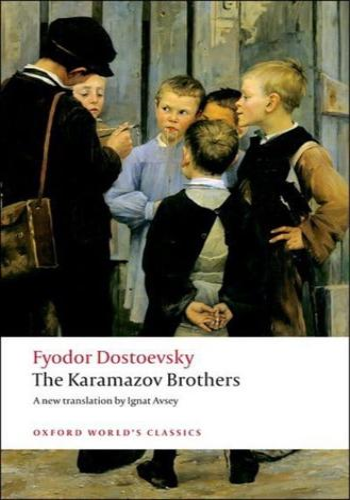Dostoevsky's last and greatest novel, The Karamazov Brothers (1880) is both a brilliantly told crime story and a passionate philosophical debate. The dissolute landowner Fyodor Pavlovich Karamazov is murdered; his sons - the atheist intellectual Ivan, the hot-blooded Dmitry, and the saintly novice Alyosha - are all at some level involved. Bound up with this intense family drama is Dostoevsky's exploration of many deeply felt ideas about the existence of God, the question of human freedom, the collective nature of guilt, the disatrous consequences of rationalism. The novel is also richly comic: the Russian Orthodox Church, the legal system, and even the authors most cherished causes and beliefs are presented with a note of irreverence, so that orthodoxy, and radicalism, sanity and madness, love and hatred, right and wrong are no longer mutually exclusive. Rebecca West considered it "the allegory for the world's maturity", but with children to the fore. This new translation does full justice to Doestoevsky's genius, particularly in the use of the spoken word, which ranges over every mode of human expression. ABOUT THE SERIES: For over 100 years Oxford World's Classics has made available the widest range of literature from around the globe. Each affordable volume reflects Oxford's commitment to scholarship, providing the most accurate text plus a wealth of other valuable features, including expert introductions by leading authorities, helpful notes to clarify the text, up-to-date bibliographies for further study, and much more.







